Dim Hopes for Breakthrough in Syrian Peace Talks
U.N. Secretary General Ban Ki-Moon, right, gestures next to U.N.-Arab League envoy for Syria Lakhdar Brahimi, center, and European Union Foreign Policy Chief Catherine Ashton and prior to a meeting at the United Nations offices in Geneva, Switzerland, Jan. 21, 2014.
President Barack Obama spoke with his Russian counterpart Vladimir Putin by telephone on Tuesday, and the leaders discussed an internationally sponsored conference on Syria. The Russian president's official website said their conversation was "businesslike and constructive."
Their conversation came as Russia and Iran criticized the U.N. chief’s withdrawal of Tehran’s invitation to a long-awaited peace conference on Syria, as delegates began to arrive in Switzerland for talks few believe can succeed.
Russian Foreign Minister Sergei Lavrov called U.N. Secretary-General Ban Ki-moon's last-minute decision to bar Iran from the talks a mistake, but not a disaster.
Lavrov reaffirmed Russia’s stance that Iran's presence was essential for the success of the talks. In Tehran, Iran’s Foreign Ministry sharply criticized Ban’s diplomatic turnaround, saying the U.N. chief only did so under immense pressure.
Expectations for a breakthrough are low. The peace conference begins amid a report alleging Syrian President Bashar al-Assad's government has tortured and killed some 11,000 detainees.
A team of internationally renowned war crimes prosecutors and forensic experts said their report is based on thousands of pictures smuggled out of Syria by a military police photographer whose job included documenting deaths in Assad's jails.
They said the cache of 55,000 images showed bodies that revealed signs of extreme starvation, beatings, strangulation and other abuses.
One of the former war crimes prosecutors who signed the report, Desmond de Silva compared the images from Syria to the "industrial-scale killing" of Nazi death camps.
The talks set to begin Wednesday will include the first meetings between Assad's government and his opponents. About 40 countries will be represented at the peace conference.
The initial meetings will give the delegations an opportunity to address the effort before the process shifts to talks Friday between only the Syrian sides and U.N.-Arab League envoy Lakhdar Brahimi.
A senior Russian official said the first round of negotiations will last seven to 10 days and be followed by another round.
The United States and Russia led the effort to organize the peace talks. The aim is to establish a transitional government, accompanied by a cease-fire and a commitment to allow full humanitarian access.
Some information for this report was provided by AP, AFP and Reuters.
Their conversation came as Russia and Iran criticized the U.N. chief’s withdrawal of Tehran’s invitation to a long-awaited peace conference on Syria, as delegates began to arrive in Switzerland for talks few believe can succeed.
Russian Foreign Minister Sergei Lavrov called U.N. Secretary-General Ban Ki-moon's last-minute decision to bar Iran from the talks a mistake, but not a disaster.
Lavrov reaffirmed Russia’s stance that Iran's presence was essential for the success of the talks. In Tehran, Iran’s Foreign Ministry sharply criticized Ban’s diplomatic turnaround, saying the U.N. chief only did so under immense pressure.
Expectations for a breakthrough are low. The peace conference begins amid a report alleging Syrian President Bashar al-Assad's government has tortured and killed some 11,000 detainees.
A team of internationally renowned war crimes prosecutors and forensic experts said their report is based on thousands of pictures smuggled out of Syria by a military police photographer whose job included documenting deaths in Assad's jails.
They said the cache of 55,000 images showed bodies that revealed signs of extreme starvation, beatings, strangulation and other abuses.
One of the former war crimes prosecutors who signed the report, Desmond de Silva compared the images from Syria to the "industrial-scale killing" of Nazi death camps.
The talks set to begin Wednesday will include the first meetings between Assad's government and his opponents. About 40 countries will be represented at the peace conference.
The initial meetings will give the delegations an opportunity to address the effort before the process shifts to talks Friday between only the Syrian sides and U.N.-Arab League envoy Lakhdar Brahimi.
A senior Russian official said the first round of negotiations will last seven to 10 days and be followed by another round.
The United States and Russia led the effort to organize the peace talks. The aim is to establish a transitional government, accompanied by a cease-fire and a commitment to allow full humanitarian access.
Some information for this report was provided by AP, AFP and Reuters.
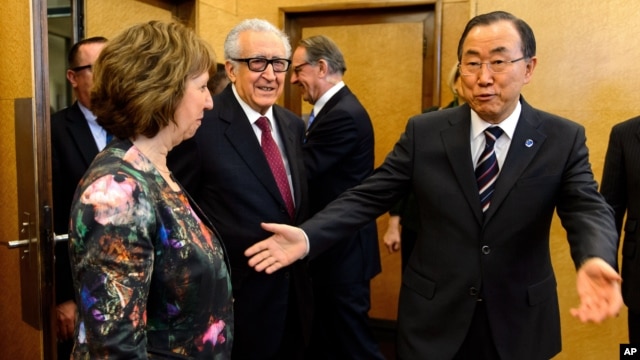

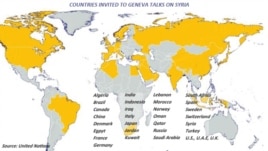
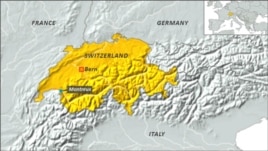

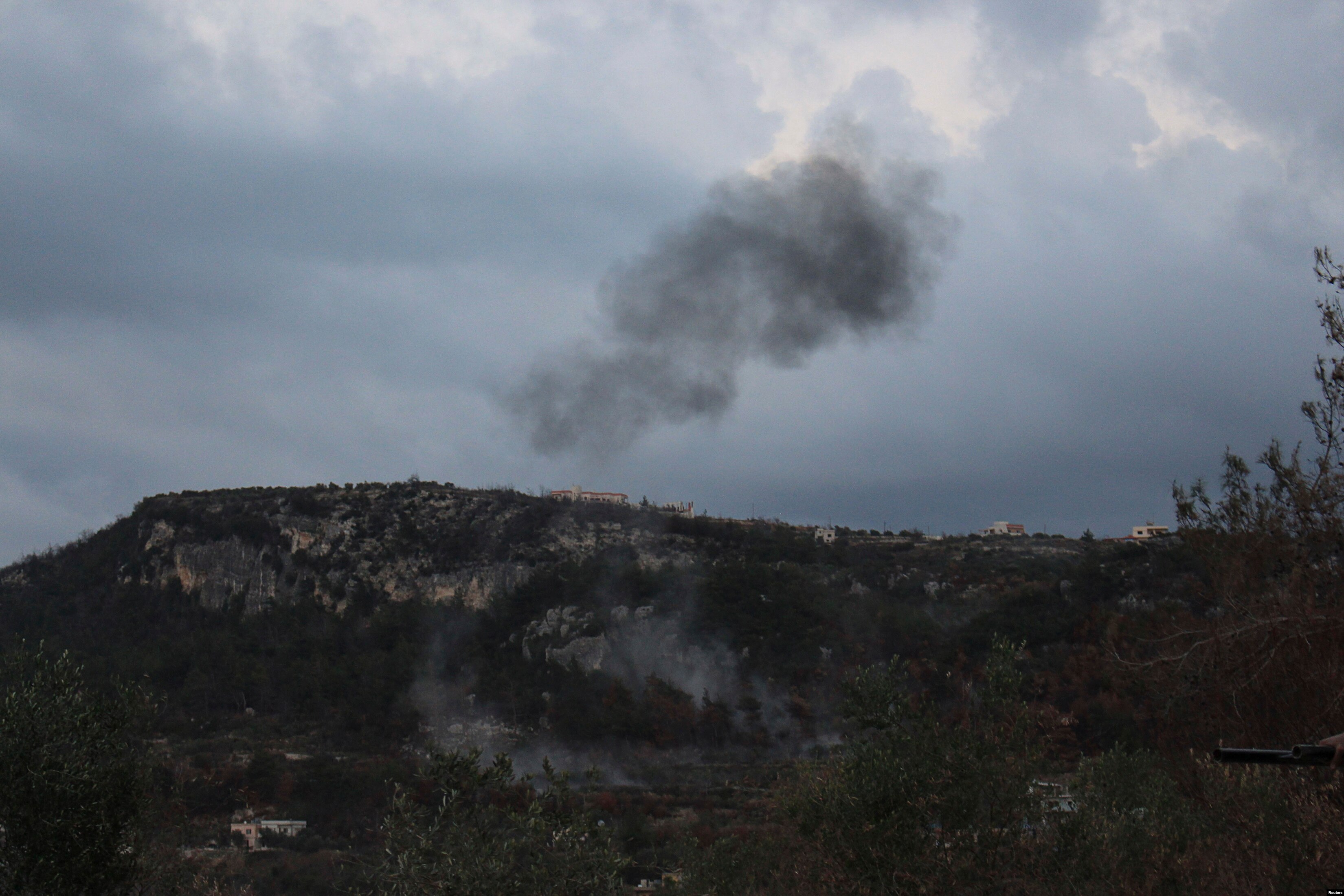
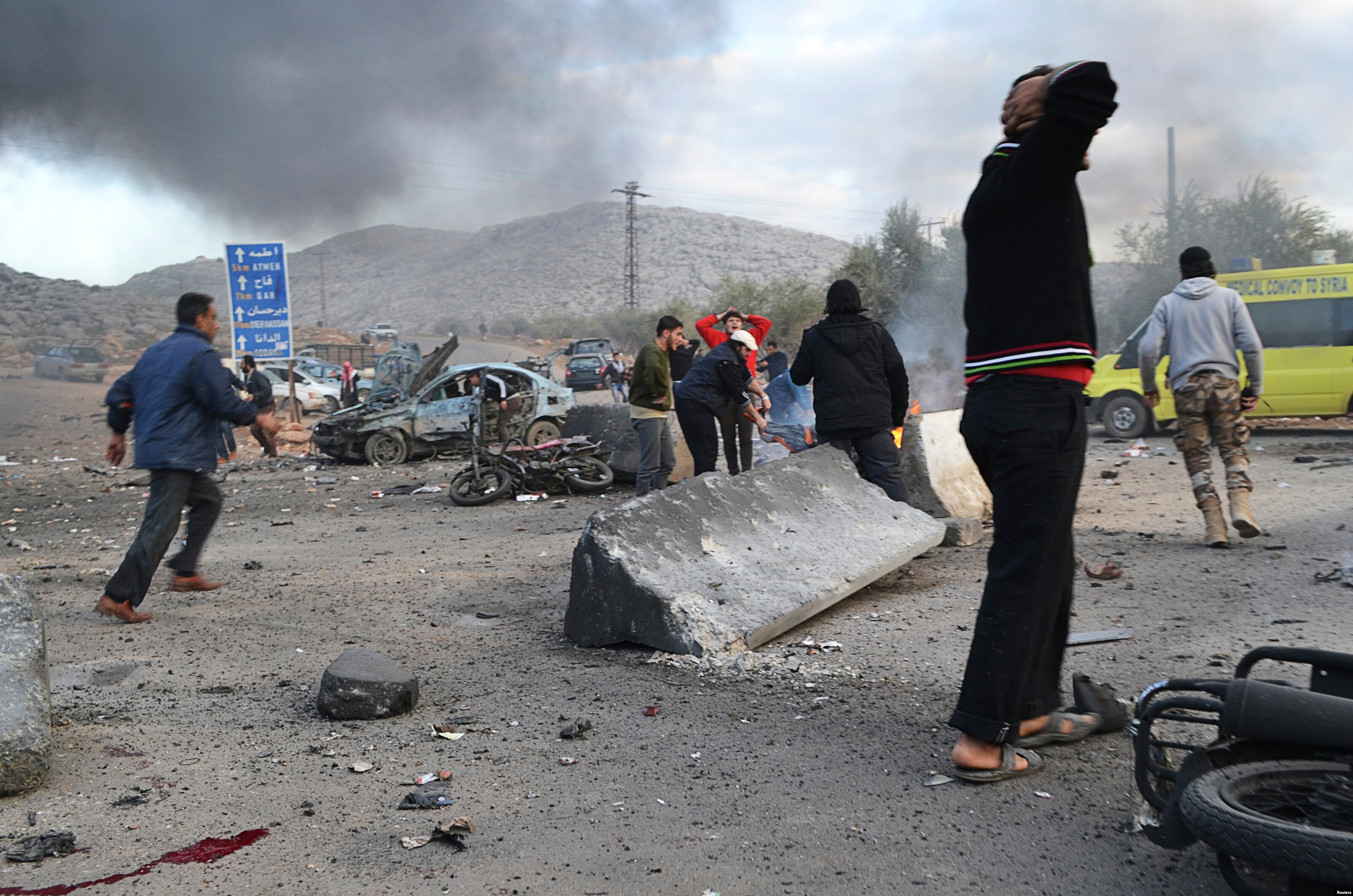

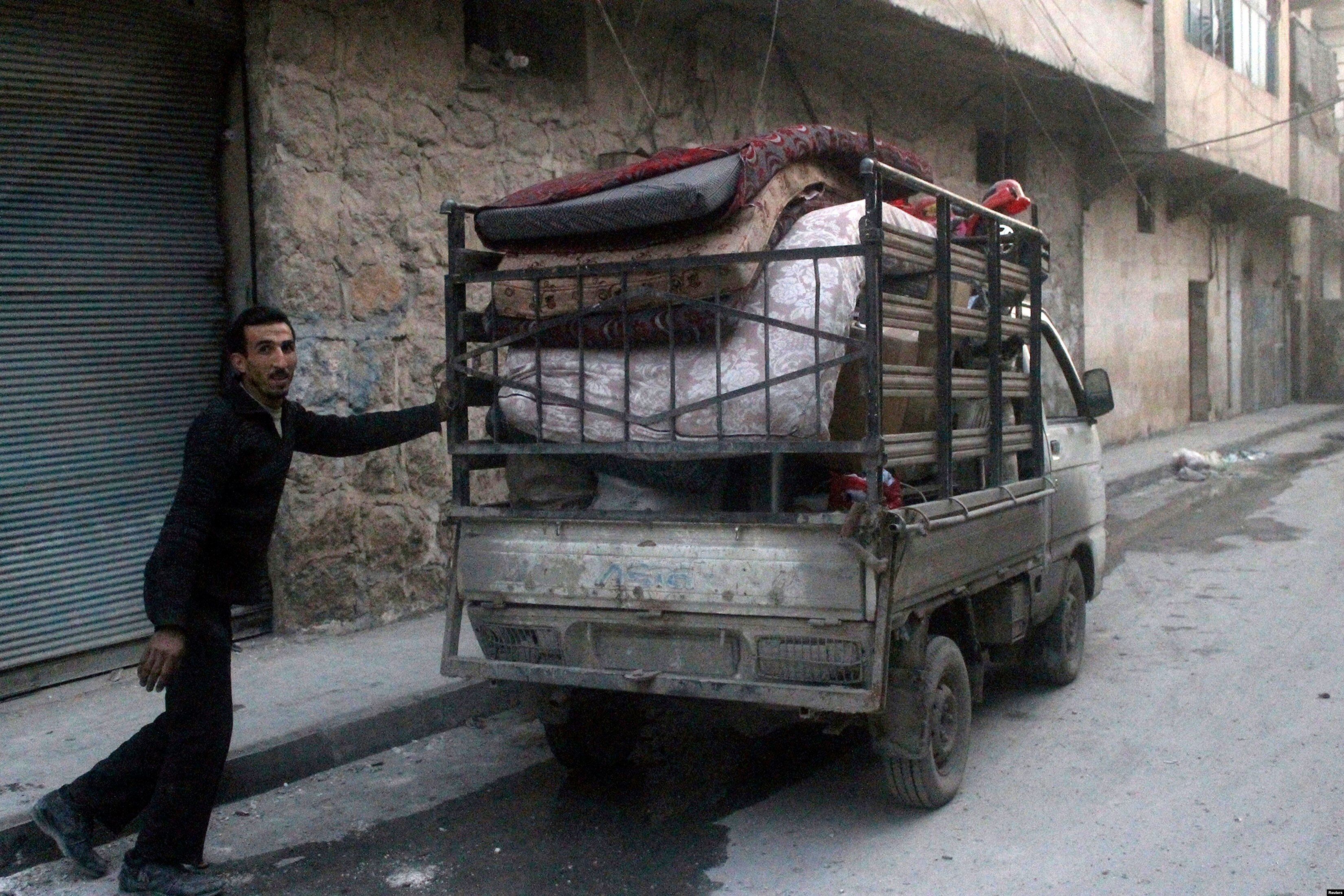



No comments:
Post a Comment